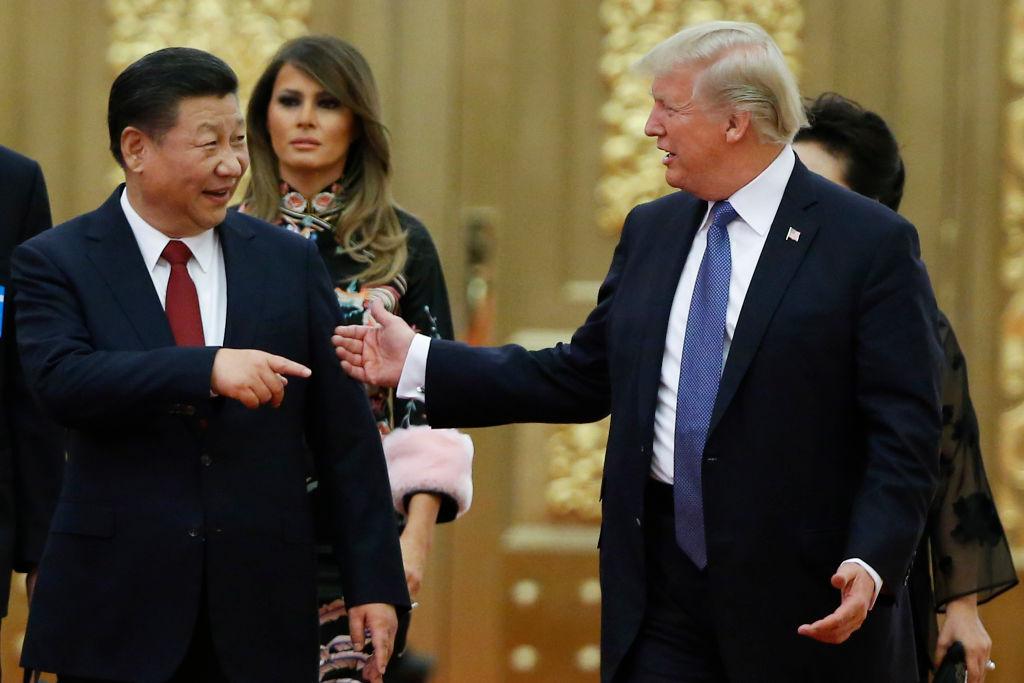WASHINGTON—President Donald Trump is set to double down on his trade war with China, after closing a major front of the country’s international trade battles.
Negotiators agreed late on Sept. 30 to sign a new trade accord, the U.S.–Mexico–Canada Agreement (USMCA), which will replace the North American Free Trade Agreement (NAFTA). The historic win, as Trump puts it, clears the decks for the administration to now turn its attention to Beijing.





